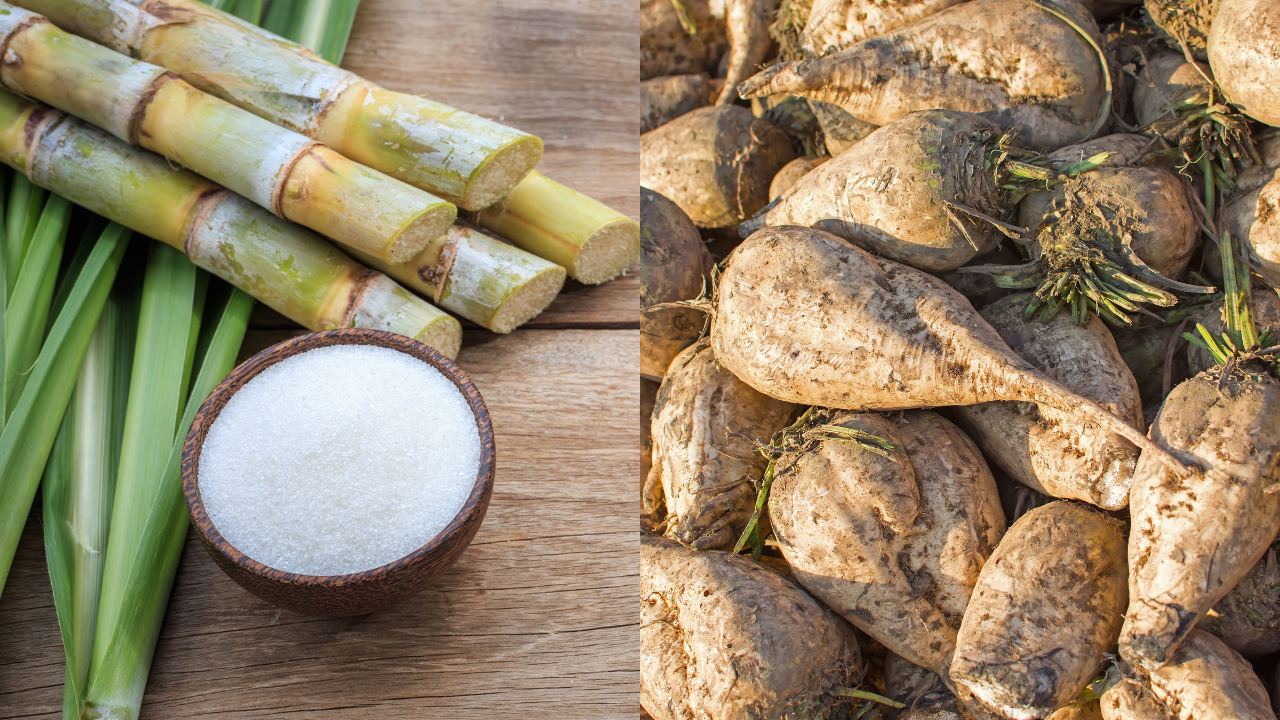In discussions of beet sugar vs cane sugar, the origin of the sugar plays a key role in its characteristics.
In discussions of beet sugar vs cane sugar, the origin of the sugar plays a key role in its characteristics.
Blog Article
Exploring the Differences in operation and Benefits In Between Beet Sugar Vs Cane Sugar
In the cooking world, the option in between beet sugar and cane sugar is not merely regarding sweet taste yet entails a nuanced consideration of taste, application, and effect. While both sugars stem from different plants, each goes through distinct production procedures that subtly affect their characteristics and suitability for different meals. As chefs and customers significantly prioritize both the environmental and flavor profiles of their active ingredients, recognizing these differences ends up being vital. This expedition provides insight right into just how each sugar type can best boost cooking creations.
Beginnings and Production Procedures of Beet and Cane Sugar

Cane sugar, on the various other hand, comes from the sugarcane plant, a tropical lawn belonging to Southeast Asia now cultivated in exotic areas worldwide. The production of cane sugar begins with the harvesting of cane stalks, which are squashed to launch the juice. This juice is then steamed to focus it, after which it is spun in centrifuges to create raw sugar crystals. These crystals are additional refined to produce the white sugar frequently offered in stores.

Nutritional Material and Health Considerations

When contrasting the dietary content of beet sugar and cane sugar, it ends up being apparent that both kinds basically supply the same caloric values, with about 16 calories per teaspoon and no significant nutrient diversity. Both sugars, when consumed in excess, can contribute to raised blood sugar degrees, a threat element for diabetes mellitus and various other metabolic conditions. From a health and wellness perspective, moderating intake of any kind of kind of sugar, whether from beet or cane, is a good idea to stay clear of these potential negative impacts on health.
Flavor Profiles and Culinary Applications
In spite of their comparable chemical frameworks, beet sugar and cane sugar vary subtly in flavor, which can influence their use in different cooking contexts. Walking stick sugar typically carries a tip of molasses, even in its refined form, lending a warm, caramel-like undertone that improves baked products, coffee, and chocolate-based recipes. On the other hand, beet sugar is identified by its extremely fine-tuned, neutral preference, making it a flexible sweetener that does not change the flavor accounts of recipes.
Environmental Impact and Sustainability
While both beet and cane sugars are acquired from plants, their ecological impacts vary significantly due to the unique methods of growing and processing needed for each. Sugar beet farming typically entails considerable automation, which can enhance fossil fuel usage and carbon exhausts.
Additionally, the handling of sugarcane often produces a considerable quantity of waste, including bagasse, which, although useful as biofuel, often contributes to air contamination if burned inefficiently. Sugar beet processing makes use of click for more info more of the raw products, resulting in much less waste. Both markets deal with challenges in minimizing their ecological footprints, however continuous advancements in agricultural methods and waste monitoring are aiming to enhance sustainability.
Economic Aspects Affecting the Sugar Market
The economic dynamics of the sugar market are considerably influenced by international market demands and profession policies. In areas where sugarcane or sugar beet production is subsidized, manufacturers may have a monetary advantage that allows them to use lower costs on the global market.
Furthermore, variations in worldwide need for sugar, affected by nutritional patterns and industrial use in food, straight effect prices and manufacturing degrees. beet sugar vs cane sugar. Climate condition additionally play a crucial duty, as they can dramatically influence plant yields and, consequently, the supply chain. This variability introduces site a level of economic unpredictability that can cause financial investment volatility in sugar manufacturing markets, affecting decisions from planting to market strategy
Final Thought
In conclusion, both beet and cane sugar have special high qualities that match different cooking needs. While cane sugar imparts an abundant flavor ideal for boosting baked check it out goods, beet sugar's neutrality is ideal for lighter meals.
Report this page